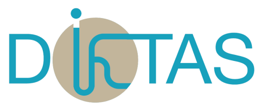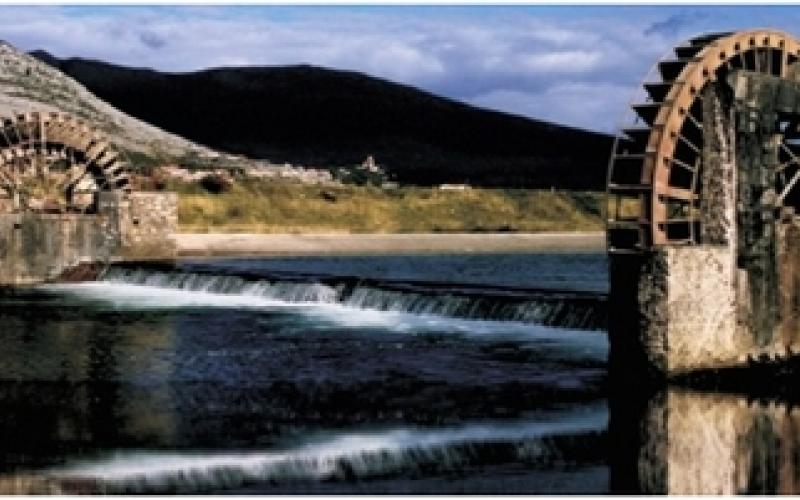
The DIKTAS project is the first ever attempted globally to introduce sustainable integrated management principles in a transboundary karst freshwater aquifer of the magnitude of the Dinaric Karst System. At the global level the project aims at focusing the attention of the international community on the huge but vulnerable water resources contained in karst aquifers (carbonatic rock formations), which are widespread globally, but poorly understood. The Dinaric Karst Aquifer System, shared by several countries and one of the world’s largest, has been identified as an ideal opportunity for applying new and integrated management approaches to these unique freshwater resources and ecosystems.
Role of IGRAC
IGRAC provides the project management and contributes to various content activities including:
- Input to the Transboundary Diagnostic Analysis
- Support to the Strategic Action Plan (SAP)
IGRAC organised the DIKTAS Conference “Karst without Boundaries”, DIKTAS study tours, international courses and field seminars.
Project Objectives
- Facilitate the equitable and sustainable utilization and management of the transboundary water resources of the Dinaric Karst Aquifer System, and
- Protect from natural and man-made hazards, including climate change, the unique groundwater dependent ecosystems that characterize the Dinaric Karst region of the Balkan Peninsula.
About Karst aquifers
More than 25 percent of the world's population either lives on or obtains its water from karst aquifers. Karst is a special type of geologic environment that is formed by dissolution and corrosion of soluble rocks, such as limestone and dolomite. “Karst” hydrogeology is characterized by high fracture controlled permeability, almost total absence of surface drainage (which has been largely diverted into subterranean routes), high infiltration rates and rapid underground flows of groundwater.




